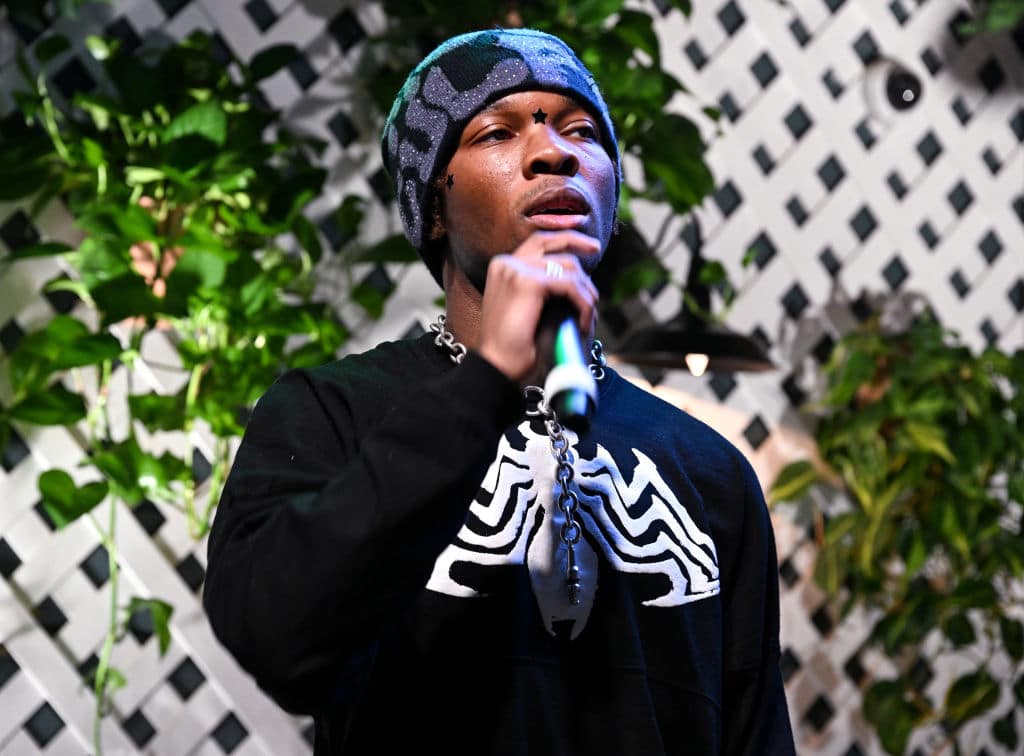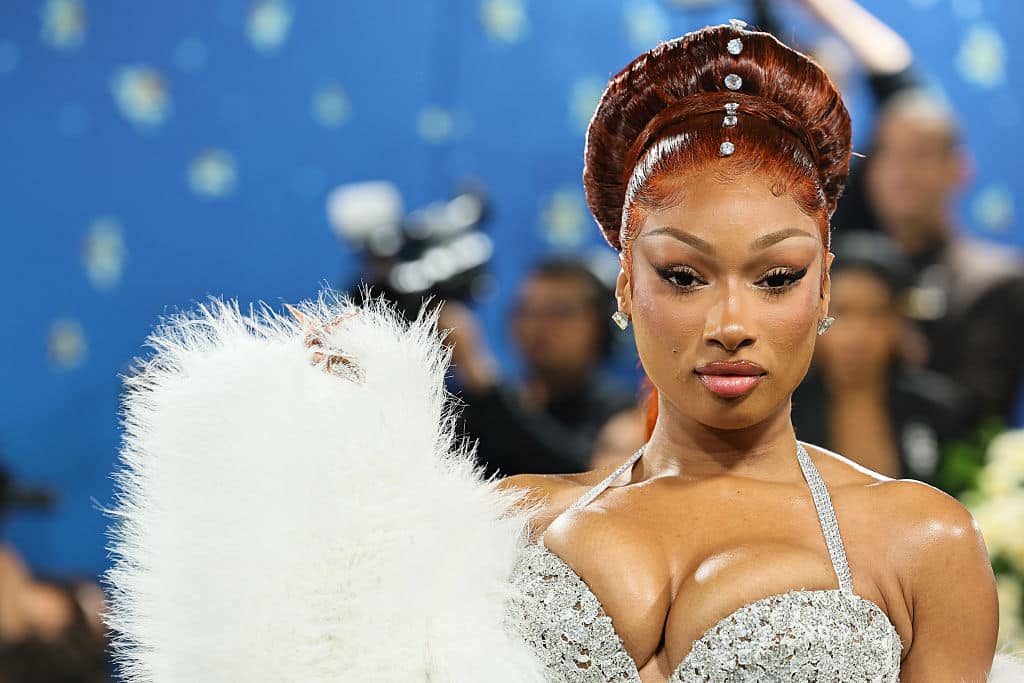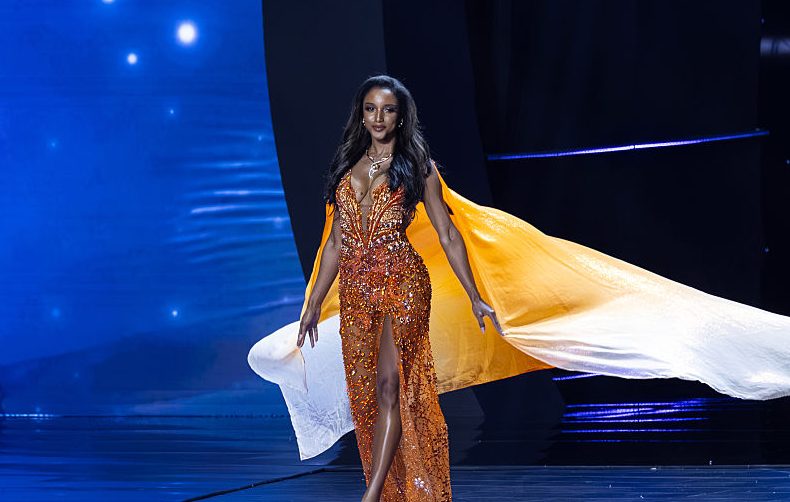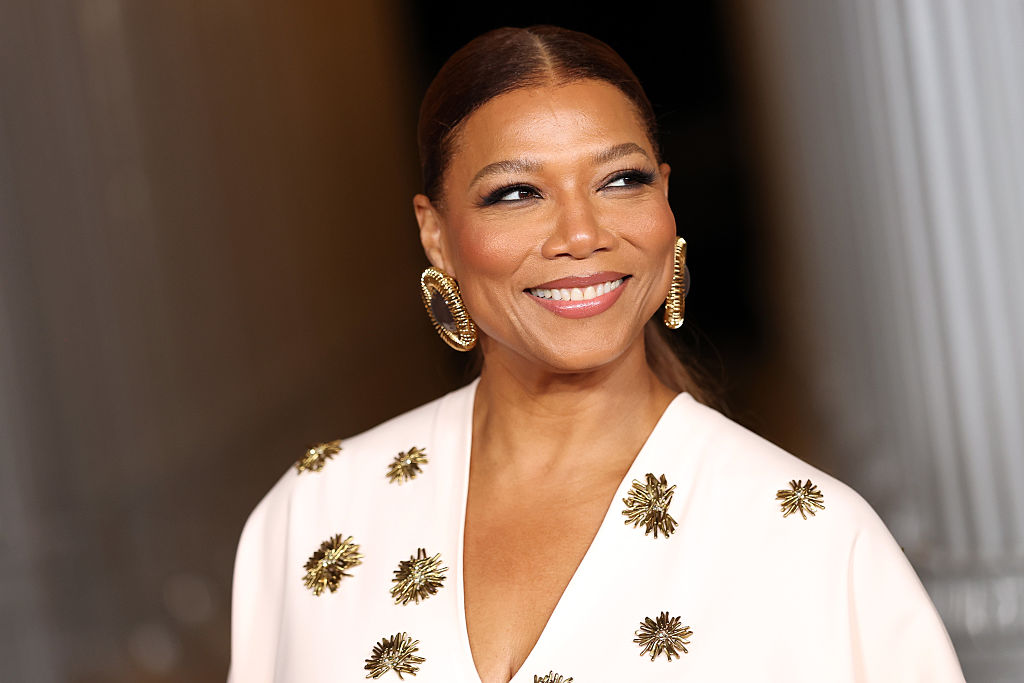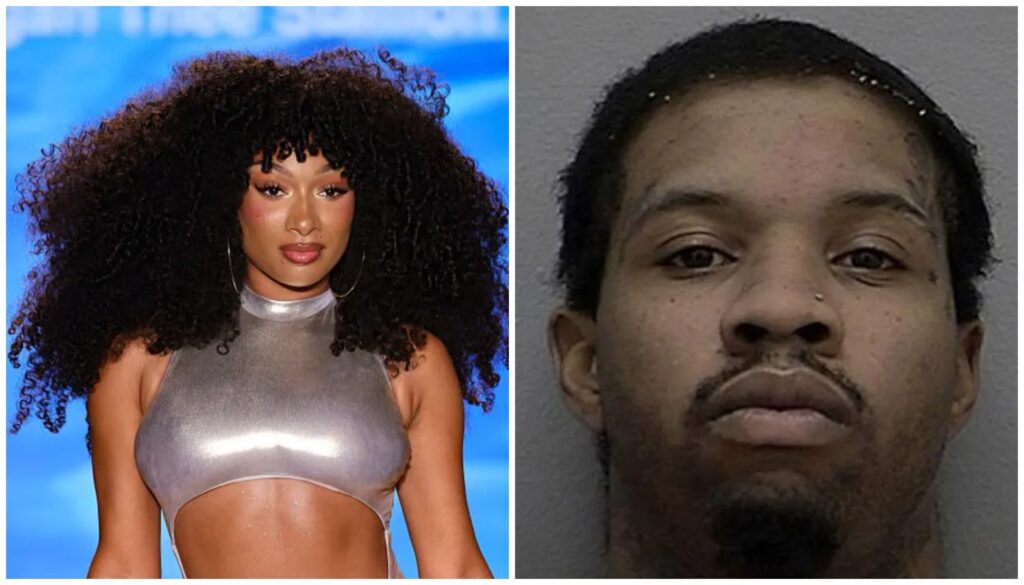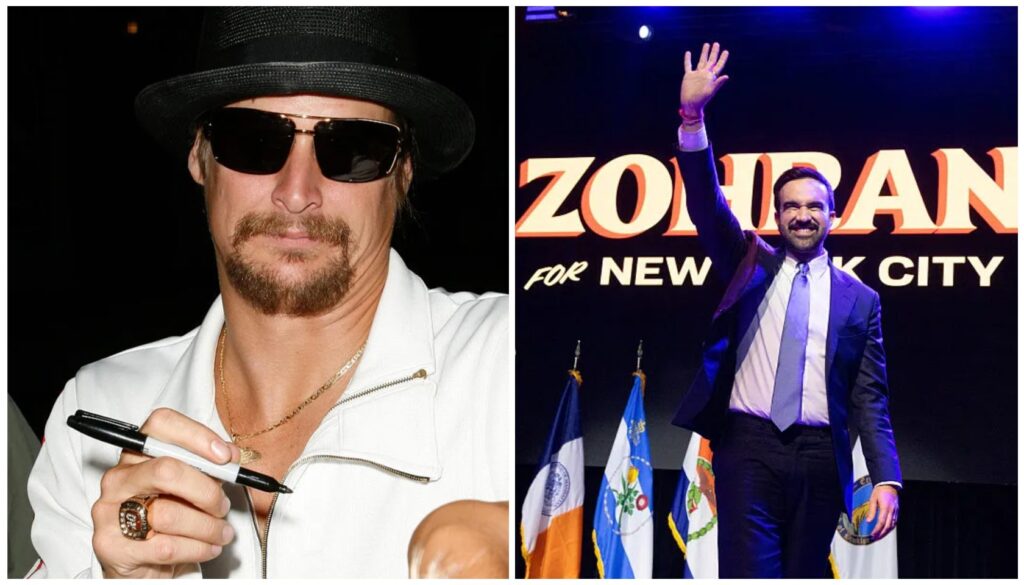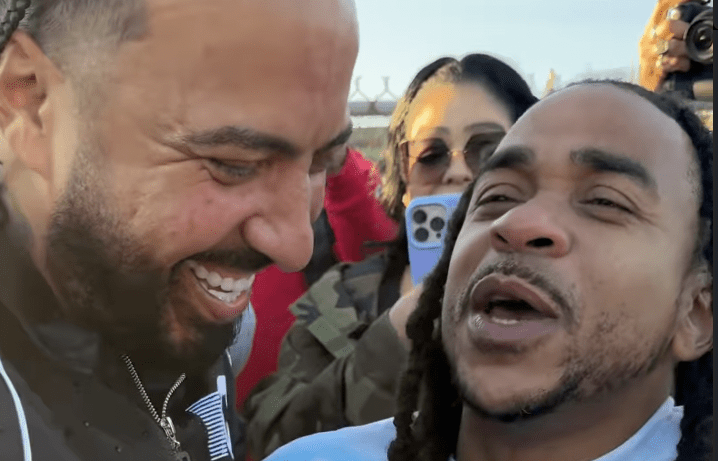pop culture
Source: Michael Kovac / Getty
More than two months after the discovery of Celeste Rivas’ body, the LAPD has begrudgingly begun releasing more information to the public after naming d4vd a suspect.
Los Angeles Police Captain Scot Williams told People that previous reports from places like TMZ that Rivas was found decapitated or frozen are false.
“Celeste’s body was not frozen,” Williams says. “She was not decapitated. The whole frozen thing doesn’t even make sense. Her body was in the car for weeks.”
Love Hip-Hop Wired? Get more! Join the Hip-Hop Wired Newsletter
We care about your data. See our privacy policy.
Williams added that “Even if she had been frozen solid when she was put in the car (which there is NO evidence to suggest she was), five or more weeks in the trunk of a car in sweltering heat in the middle of summer would not have resulted in a partially frozen body being discovered on September 8th.”
But still, the investigation has remained purposely under wraps because a Los Angeles Police detective says revealing all the autopsy findings would impede the investigation.
LAPD Det. Joshua Byers filed a declaration where he wrote giving more information about the case to the public “will reveal or tend to reveal the ongoing investigation and the integrity of the investigation as well as the identity of witnesses and/or informants who are cooperating with law enforcement and the content of the information they have provided, which could endanger the lives of witnesses and/or compromise the investigation.”
So Los Angeles Superior Court Judge Craig Richman granted the request and ordered that the medical examiner’s findings be sealed.
The LAPD’s reports now conflict with TMZ’s from just a few days ago that said Rivas was “decapitated” and that “while the torso was intact, the limbs had been removed and cut into multiple pieces.” It said her remains were “partially frozen” and were thawing when they were found in the trunk of d4vd’s Tesla. His car was found sitting on the streets of Hollywood Hills in early September and was then taken to a tow yard. That’s when workers noticed a foul smell and called the police, who discovered the dead body of the 14-year-old.
Rumors of her being frozen even led TMZ to discover that the house d4vd rented — and was searched by LAPD— had a freezer large enough to hide her body.
RELATED: Singer d4vd Reportedly Named A Suspect In Celeste Rivas’ Death
LAPD Refutes Report That Celeste Rivas’ Body Was Found Decapitated & Frozen In d4vd’s Trunk
was originally published on
cassiuslife.com
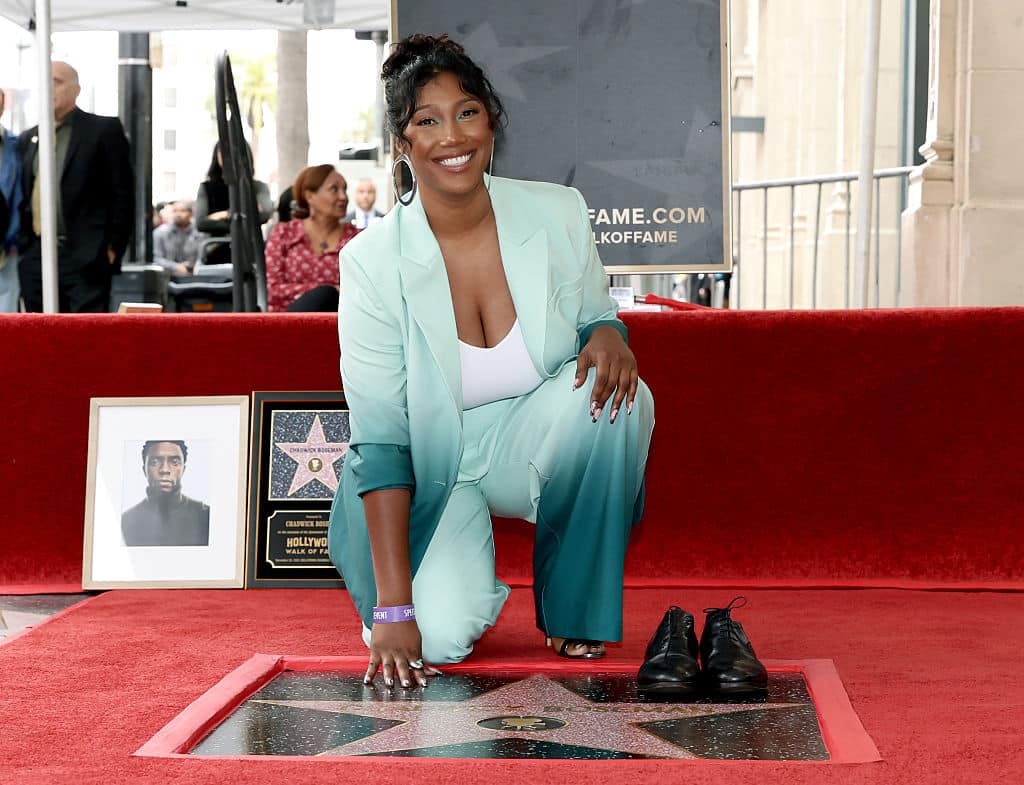
Matt Winkelmeyer / Chadwick Boseman
The late Chadwick Boseman has been immortalized with his own star on the Hollywood Walk of Fame, and his wife and other close friends paid a touching tribute to mark the occasion.
On Thursday, Nov. 20, Boseman’s widow, Simone Ledward-Boseman, his brothers, Kevin and Derrick Boseman, honored the Black Panther star at his posthumous Hollywood Walk of Fame ceremony.
Ledward-Boseman placed a pair of the actor’s shoes at the foot of his star while posing alongside a portrait of him.
During her speech about her late husband, Leward-Boseman said, “In life, Chad was more than an actor, or even an artist. He was a spiritual teacher, fortified by a family and close friends that kept him grounded in faith; a team that believed in him, protected him, and fought for him.”
She continued, “Colleagues that trusted his vision, that lifted him up and forged a real brotherhood: you have no idea how pivotal those moments were.”
“Chad, today we recognize a lifetime of artistry,” she said about Boseman, who tragically passed away at the age of 43 in 2020. “We recognize your skill and your devotion, and we cement your legacy as a hero and an icon.”
Ryan Coogler Called Chadwick “An Incredibly Humble Teacher.”
The touching tributes didn’t end there. Ledward-Boseman and the actor’s brothers were also joined by Black Panther director Ryan Coogler and his Ma Rainey’s Black Bottom co-star Viola Davis, who also gave touching speeches.
His Black Panther co-stars Michael B. Jordan, Letitia Wright, plus Walt Disney Co. CEO Bob Iger were also on hand.
During his emotional speech, Coogler had plenty of glowing words for his late friend, fighting back tears as he described him as “an incredibly humble teacher.”
Lupita Nyong’o Reflects On The Significance of The Moment
Lupita Nyong’o, who played Boseman’s love interest Nakia in the Black Panther film, also shared some words about the moment, pointing to the significance of his being immortalized several years after the film’s premiere, which took place near the spot of his star.
“It means it won’t be missed. A place of prominence for a king, “Nyong’o said.
She continued, “He is on an ancestral plane, and the more we utter his name, the more his spirit stays alive. It’s hard to articulate without sounding grandiose. But there was something about him that you couldn’t explain why he moved you so much. It went through the screen and into so many people’s hearts.”
You can watch the entire ceremony below and see reactions to the emotional moment.
Theo Wargo / Megan Thee Stallion
Megan Thee Stallion got emotional while testifying in her defamation case against blogger Milagro Gramz.
*Trigger warning: This article touches on thoughts of suicide.*
TMZ Hip Hop reports Thee Stallion let the tears flow while speaking to the jury about the PSA she cut about suicide prevention, and revealing how Tory Lanez, the convicted felon who shot her, fed Milagro Gramz lies to spread on social media and her blog.
The celebrity gossip site reports the Hip-Hop superstar tearfully opened up, wanting to take her own life, and spoke on how the entire situation with Lanez and Gramz affected her.
She also touched on the rumors being floated about her, accusing her of sleeping with her manager, Travis Farris, and having to battle them.
Per TMZ Hip Hop:
Megan tearfully told jurors she knows what it feels like to “not want to live anymore” and went into detail about the toll the ordeal with Tory and Milagro has taken on her.
Megan also told jurors about battling rumors — including the one that she was sleeping with her manager, Travis Farris — and feeling tremendous anxiety as a result.
The attorney also questioned Megan about the surgery she underwent the night of the shooting, discussing the bullet fragments removed from her feet … and her feelings about the counternarrative she believes Tory and Milagro were pushing online that she wasn’t shot.
Megan Thee Stallion Talked About Entering A Medical Facility For Treatment
The “Lover Girl” crafter also touched on entering a medical facility for Dialectical Behavior Therapy, which taught her how to help her deal with and store the trauma in her brain.
As previously reported, the treatment isn’t cheap, as it costs Thee Stallion $240,000.
While on the stand, she also spoke about initially not naming Lanez as her shooter, telling the jury she now regrets that decision, explaining she only did it out of fear of the aftermath following the tracking police killing of George Floyd, an unarmed Black man.
Trial is currently ongoing with Gramz taking the stand and Cuniff sharing updates via her X account. You can see more reactions below.
If you or anyone you know is experiencing mental struggles, call or text 988 or chat 988lifeline.org.
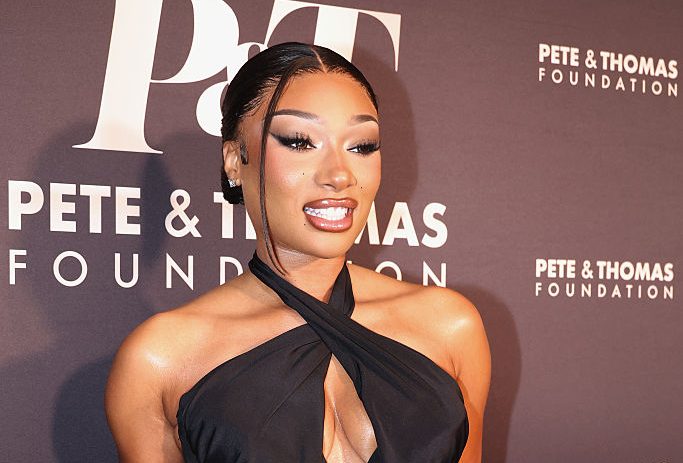
Johnny Nunez / Megan Thee Stallion
Recent testimony from Megan Thee Stallion’s defamation trial revealed the rapper needed therapy after blogger Milagro Gramz shared a deepfake porn video featuring the rapper.
During day 3 of Megan Thee Stallion’s defamation lawsuit against Milagro Gramz, born Milagro Cooper, Thee Stallion’s friend and manager, Travis Farris, took the stand and testified in support of the rapper.
During his testimony, Farris revealed that Thee Stallion went to a treatment center that cost $240,000 monthly after the blogger shared a deepfake porn video of Thee Stallion.
Everyone’s favorite legal reporter, Meghann Cuniff, was at the courthouse in Miami, Florida, and has been sharing updates on X (formerly Twitter).
“We are finally on the lunch break after testimony from Megan’s friend and manager, Travis Farris, who talked about how social media vitriol hurts Megan. He testified he got her into a treatment center that cost $240,000 a month,” Cuniff tweeted.
According to celebrity gossip site TMZ, Thee Stallion checked into the treatment center to deal with the emotional distress caused by Gramz sharing the video.
Megan Thee Stallion Lost Out on Brand Opportunities
In another post, Cuniff shared testimony from Roc Nation Senior VP, Branding & Strategic Partnerships, Daniel Kinney, who revealed that Megan Thee Stallion lost out on multiple brand opportunities, including Call of Duty, due to the emotional distress she was dealing with.
“Daniel Kinney of Roc Nation testified about brand opportunities for Megan that fell apart: Activision/Call of Duty, Google Pixel, Just Eats Takeaway and U.S. Women’s Soccer Federation. Megan ditched Call of Duty when she learned she would be a shootable character in the game,” Kinney said.
In the suit, Megan Thee Stallion is accusing Gramz of causing her emotional distress by cyberstalking after sharing the deepfake porn video and questioning if Tory Lanez shot the rapper.
Speaking of Lanez, he isn’t getting out of jail anytime soon after his appeal was denied. He was also ordered to pay a $20,000 fine for obstructing the deposition in the Milagro Gramz deposition case.
You can see reactions below.
Source: Mohan Raj / Getty
Dr. Gabrielle Henry, the Miss Jamaica 2025 titleholder, took a nasty spill off the stage during the preliminary competition Wednesday.
According to Newsweek, the fall happened during the evening gown competition as the contestants were competing for a spot in the finals in Thailand this weekend. Video of Henry’s fall was shared across social media and shows Miss Jamaica strutting down the stage in Bangkok before she takes a tumble. Audience members can be heard gasping and screaming for help shortly after Henry hit the ground. Additional social media footage shows Henry being taken away on a stretcher.
Her team would provide an update to her concerned fans after the incident.
“The Miss Universe Jamaica Organization wishes to advise the public that Dr. Gabrielle Henry, Miss Universe Jamaica 2025, experienced a fall from the main stage during the evening gown round of the preliminary competition ahead of this weekend’s Miss Universe Finals in Thailand,” the statement reads.
Henry was taken to Paolo Rangsit Hospital, where she was treated for none life-threatening injuries.
“I’m doing well and I’m appreciative of all that this experience has been offering,” Henry told The Jamaica Gleaner. “It’s truly remarkable to be amongst 120 amazing delegates representing their countries, and to have the opportunity to experience Thai culture and hospitality.”
Henry, an ophthalmologist,established the See Me Foundation, which is a charity “dedicated to providing economic and educational opportunities to members of the visually impaired community of Jamaica.”
“Medical professionals are attending to her care and have advised that she is not suffering from any life-threatening injuries; however, they continue to conduct tests to ensure her full recovery,” they added.
The Miss Jamaica organization didn’t want the moment to distract from the competition, announcing, “We kindly ask everyone to stay upbeat, lift her in prayer, and send positive thoughts as she receives the necessary medical care. We thank everyone for their outpouring of love, support, and continued prayers.”
See social medias reaction to the nasty fall below.
Source: Monica Schipper / Getty
Queen Latifah got nostalgic on a recent episode of the ReLiving Single podcast. Hosted by Erika Alexander and Kim Coles, the podcast delves into the five-season run of Living Single, the Fox sitcom that aired from 1993 to 1998.
In recent years, the show’s impact has become clear, with an entire website dedicated to women who were inspired to become lawyers after seeing Alexander’s character, Maxine Shaw. The co-hosts have brought back the show’s stars, including T. C. Carson, John Henton and Kim Fields, as well as other guests who appeared on the sitcom.
Latifah’s mother, Rita Owens, played her mother on the show, though she was an educator by trade. Fields’ mother, Chip Fields-Hurd, who is also an actress, played her mother on Living Single and Latifah says she was helpful to the cast, especially so to Rita.
“Chip was amazing,” Latifah said. “She coached me, she coached my mother. She was brilliant.”
Love Hip-Hop Wired? Get more! Join the Hip-Hop Wired Newsletter
We care about your data. See our privacy policy.
Latifah also shared that she and her mother were both grieving the loss of Latifah’s 23-year-old brother, Lance Owens, who was killed in a motorcycle accident in 1992, the year before Living Single started. He was on the Kawasaki bike she’d given him as a gift.
“My mother loved us [the cast of Living Single] so much. She was so very proud of us,” Latifah said. “And she did come visit me. She did. But as you said, my brother—I lost my brother in 1992. We started Living Single in 1993. So I was coming off of that.”
She continued after some affirming words from Alexander.
“Yeah. Definitely wasn’t through it yet,” she continued. “My remembering of these shows that my mother was on was a little nerve-wracking, ’cause I was nervous for her. My body was so tight. And when that show was over, I was like, ‘Oh! Yes!’ I could not wait for it to be over, because then I could calm down.”
Queen Latifah’s mother died of heart failure in 2018 at the age of 69, after a diagnosis three years earlier.
“Anyone that has ever met her knows what a bright light she was on this earth,” Latifah shared in a statement at the time. “She was gentle, but strong, sweet, but sassy, worldy but pragmatic, a woman of great faith and certainly the love of my life. She had struggled with a heart condition for many years and her battle is now over. I am heartbroken but know she is at peace.”
Watch the full podcast episode, which includes an appearance by Chip Fields-Hurd, below:
Queen Latifah Remembers Late Mother on “ReLiving Single” Podcast
was originally published on
cassiuslife.com
Getty Images / Megan Thee Stallion / Tory Lanez
Tory Lanez is not getting out of jail.
On Wednesday (Nov. 12), the California Court of Appeals affirmed Lanez’s conviction and 10-year sentence for shooting Megan Thee Stallion, legal affairs journalist Meghann Cuniff shared on social media.
The news is the latest legal setback for Canadian Yosemite Sam and his stans, who thought he had a chance to get out of prison.
The decision comes after Thee Stallion’s attorney, Alex Spiro, dropped a 31-page report in May, slamming Lanez’s team and his supporters for trying to undermine the conviction.
In a statement shared by Rolling Stone, Spiro said:
Despite Mr. Lanez being convicted at trial by overwhelming evidence (that included his own admission of his guilt), he and his team—flanked by any ignorant person they can find—have pushed whatever misleading narrative they can.
One by one, their misleading statements unravel, and all that is left is the simple truth: he was convicted by overwhelming evidence, and those who seek to traumatize the victim of the crime should be called out as foolish bullies.
The report also shared that Ring camera footage and DNA evidence on the gun indicated it was a 90 percent likelihood that it was a male who fired the weapon.
Tory Lanez Other Ls He Has Suffered In Court
This also follows a previous legal loss the “Say It” crafter endured in court after unsuccessfully trying to avoid testifying in a related civil case.
Lanez was ordered to be deposed again in Megan Thee Stallion’s civil suit against gossip blogger Milagro Gramz (Milagro Cooper), whom she accused of spreading lies about the shooting and the trial while being paid by the Canadian artist.
Those who support Megan Thee Stallion and have no love for anyone who attacks Black women have been clowning Lanez on social media.
Welp, they can’t blame Roc Nation for this one. You can see more reactions below.
Getty Images / Kid Rock / Zohran Mamdani
We wished that Zohran Mamdani becoming Mayor of New York City caused Kid Rock to cancel his performances in the city, but that was not the case.
Word of Kid Rock acting like a MAGA snowflake and canceling his New York performances in response to Zohran Mamdani’s win in last week’s mayoral election went viral on social media.
Like with anything on social media, there wasn’t a shred of proof that Kid Rock canceled his 2026 NY tour stops in response to NYC electing its first Muslim mayor, leading to “almost a dozen tickets” having to be refunded.
Despite having no evidence of that being the case, it didn’t stop people, mainly folks who can’t stand the 54-year-old culture vulture and proud supporter of Orange Mussolini, from running with the unverified reports.
The initial post on the cesspool that is X, formerly Twitter, from the account @TheRealThelmaJ,1 claiming Rock canceled his shows, was hit with a community note, and it said:
“There is no credible evidence that Kid Rock made this statement.”
“At this time, Kid Rock has no upcoming 2026 tour dates in NYC or elsewhere.”
“Rumors of a 2026 tour, along with cancellations, have been circulating on clickbait pages for weeks.”
That didn’t stop people from still running with the news and clowing Rock on social media as if it were actually trustworthy, because let’s be honest, based on his politics, that sounds like something Kid Rock would do.
“You can’t cancel a show if nobody bought tickets,” one post on social media read.
Bummer that this news isn’t true, but we can still laugh at the jokes.
You can see more reactions below.
Source: Cooper Neill / Getty
Antonio Brown, who is facing a second-degree attempted murder charge, had his lawyer enter a not guilty plea on his behalf as Brown is still in New Jersey after being extradited from the United Arab Emirates.
Brown was arrested and returned to the United States last week. It’s unclear why or how long Brown will be detained in New Jersey and when he will be sent to South Florida to stand trial, Yahoo Sports reports.
The charges stem from an incident that occurred after a celebrity boxing event earlier this year.
“The actions he was forced to take were solely in self-defense against the alleged victim’s violent behavior,” Brown’s lawyer, Mark Eiglarsh, told TMZ. “Brown was attacked that night and acted within his legal right to protect himself from an individual who had previously committed criminal acts against him. It’s a privilege to represent him, and I am determined to ensure that justice is served.”
Love Hip-Hop Wired? Get more! Join the Hip-Hop Wired Newsletter
We care about your data. See our privacy policy.
Footage of the reported incident was promptly shared on social media. The video appears to show Brown leaving the event when he is approached by several men. A melee ensues, and moments later, gunshots can be heard as the crowd scatters.
Police initially detained Brown, but he was released. Shortly after his release, Brown took to social media to claim that the alleged incident was “self-defense.”
“I was jumped by multiple individuals who tried to steal my jewelry and cause physical harm to me,” he wrote on his X account. “Contrary to some video circulating, Police temporarily detained me until they received my side of the story and then released me. I WENT HOME THAT NIGHT AND WAS NOT ARRESTED. I will be talking to my legal council [sic] and attorneys on pressing charges on the individuals that jumped me.”
Witnesses claimed that Brown was the shooter during the incident. Police did not find a weapon on Brown when they arrived. A man, who was reportedly punched by Brown, claimed that the former Pittsburgh Steelers receiver “began to run toward him with a firearm” and opened fire twice, Yahoo Sports reports.
An arrest warrant was issued for Brown in June. If convicted, Brown faces up to 15 years in prison.
See social media’s ongoing reaction to the arrest below.
“I Was Jumped!” Antonio Brown Pleads Not Guilty In Attempted Murder Case
was originally published on
cassiuslife.com
French Montana / Max B
After spending nearly a decade behind bars, the Wave God, aka Max B, is finally a free man.
Harlem rapper Max B, born Charley Wingate, has finally been released from prison.
The emotional moment of him breathing in fresh air as a free man was captured by his Coke Wave collaborator and longtime friend, French Montana. It also happened to be the “Shot Caller” crafter’s birthday.
In a video post shared on Instagram, Montana wrote in the caption:
“CANT MAKE THIS UP ! MY BROTHER REALLY CAME HOME ON MY B DAY ! HAMDULILLAH 🤲🏼WALKED IT DOWN ! NO MORE FREE YOU.”
Max Biggaveli was initially sentenced in 2009 to serve 75 years behind bars for his alleged role in a deadly botched robbery attempt.
Wavy Crockett’s conviction was vacated in 2016, and he struck a plea deal that reduced his charge to aggravated manslaughter and reduced his prison sentence.
The rapper has been giving hope to fans who wanted to see the wave free again, going as far as to hint at a possible release date during a phone interview on The Joe Budden Podcast.
“We got a date! I’ve got November 9, 2025, baby!” It looks like he was speaking the truth because that’s precisely when he stepped out of Northern State Prison.
Fans have been reacting to the good news as well. You can see those reactions below.

 State Champ Radio
State Champ Radio 